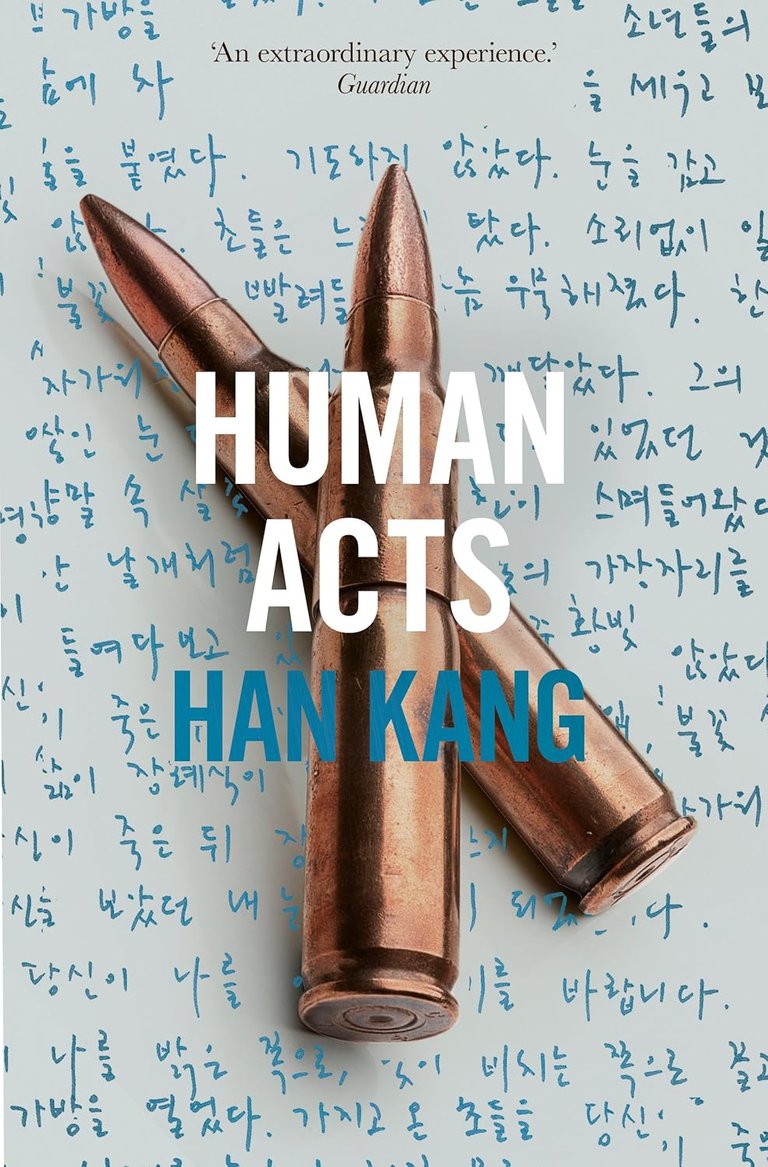This was such a rich read now with everything going on in South Korea. All that regional generational trauma from previous martial law, with much of the older generation being still alive-- it brings a clearer sentiment in why things played out the way they did this past few weeks. I absolutely loved the telling of the same traumatic event via different perspectives in different timelines, just further emphasising how government's may fall and change over time, but the individual bodies will always remember. It was a very stark piece that just helped realized that previous horror. What I am very interested in is seeing how the translation holds up, seeing as Deborah Smith was previously criticised for her translation of The Vegetarian (albeit a good one, it's regarded as shifting the narration significantly enough). I thought it held up quite well, but was interested in whether some of the critiques she got were early enough to impact the decisions she took when translating this later piece.
It is opinion that as long as the elements within the story did in fact happen in some form/combination to people in real life, then it is as good as fact. The official number for the Gwangju Uprising was heavily suppressed by the government-- and just as they clearly lay no claim in dictating what is fact or fiction, then stories that spring up regarding the event are not any less valid. Seeing that Kang took the time to investigate the event, seemingly taking seeds from real life to inspire a narrative on a factual person, then it is not any less unreal as many of these traumas were in fact very real for enough for enough people to make the story collectively tangible.
I think she did a great ability in making the narration as a collective national trauma. Even though the focus of the book happens in events centered around Gwangju, she ties in other elements that were felt nationally, such as the censorship, the union busting, and the other regions that experienced similar atrocities. The argument can be said that this region has a history for civil disobedience, but the book very skilfully conveys that this is a greater collective issue that all citizens are affected by. I love that younger generations can read this piece and have some sort of reminder of just how traumatic history can be, even under the guise of protecting democracy, and why it would be deadly to regress to such an era.

♦️ You got 0.01 FELT for sharing high vibes on Hive.
📋♦️ FELT Info